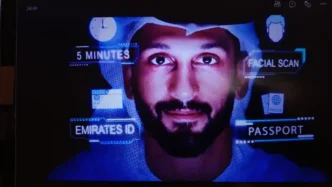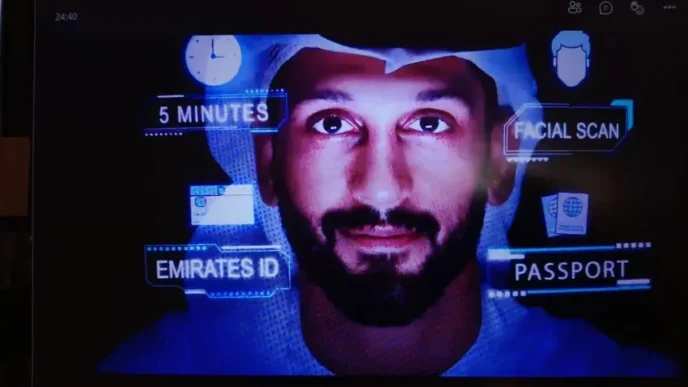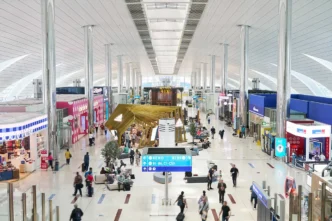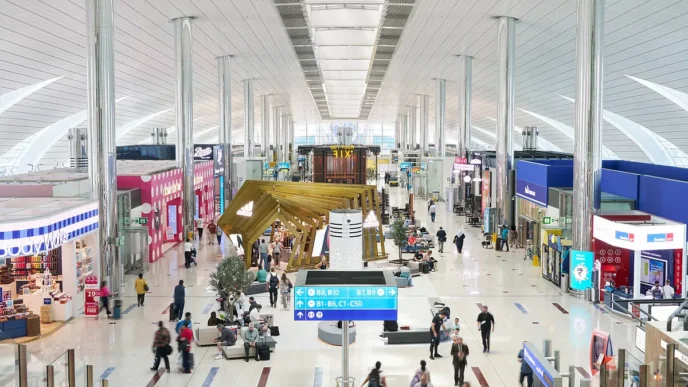The UAE is tackling the growing issue of substance use through a comprehensive approach, focusing on early intervention, effective treatment, and rehabilitation, according to key health officials.
Dr. Samya Mohammed Al Mamari, Medical Services Sector Director at the National Rehabilitation Centre (NRC) in Abu Dhabi, emphasized that substance use is a global problem, and the UAE is committed to safeguarding public health by adopting proactive and evidence-based measures.
“The UAE has significantly improved its policies, increased public awareness, and expanded rehabilitation services to combat substance use disorders,” Dr. Samya shared with Gulf News. “We are taking a multi-sectoral approach to address these challenges effectively.”
The UAE’s strategy includes integrating substance use treatment into national healthcare policies, expanding community-based rehabilitation programs, and enhancing early intervention efforts. The NRC plays a central role in this mission, offering a holistic rehabilitation approach that includes early detection, tailored multidisciplinary care, long-term recovery, reintegration, and strong collaborative partnerships.
Evolving Trends and Innovative Approaches
Dr. Samya noted that substance use trends in the UAE are evolving, driven by global patterns and societal changes. There is a growing need for integrated mental health support alongside substance use treatment. Moreover, the focus is shifting toward early intervention and more comprehensive rehabilitation strategies.
The NRC continues to monitor these emerging trends and utilizes research-driven strategies to adapt its approach, working closely with various stakeholders to implement best practices that guarantee comprehensive, patient-centered care.
Dr. Samya also highlighted the NRC’s collaboration with international entities like the World Health Organization (WHO), strengthening public health responses and advocating for long-term recovery solutions. Recently, the NRC and the WHO’s Eastern Mediterranean Region hosted a high-level policy dialogue in Abu Dhabi to accelerate public health action on substance use.
According to the 2024 World Drug Report, 6.7% of the population in the Eastern Mediterranean Region report using drugs, surpassing the global average of 5.6%. The number of people with drug use disorders has more than doubled since 1990, reaching an estimated 3.4 million in 2019.
WHO’s Role and Future Vision
Dr. Hanan Balkhy, WHO’s Regional Director for the Eastern Mediterranean, shared the organization’s ongoing commitment to supporting countries in strengthening public health responses to substance use. Innovative approaches include integrating substance use treatment into primary healthcare settings to ensure greater accessibility, expanding digital health solutions to enhance outreach, and implementing harm reduction strategies where applicable.
Looking forward, Dr. Balkhy emphasized WHO’s priorities in the region: strengthening healthcare systems to provide sustainable, evidence-based treatment; expanding early intervention and prevention programs; and fostering regional cooperation to develop comprehensive policies. She also stressed the importance of improving training for healthcare professionals and enhancing public awareness to reduce the stigma surrounding substance use disorders.
